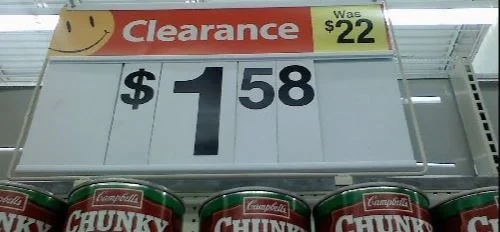News Next article
The deal with ‘imported as damaged’ vehicles on Trade Me
Sellers need to say if a vehicle has been damaged or is a statutory write-off so buyers can make informed decisions
11 December 2024Consumer Information Notice for damaged imports
Buying imported cars on Trade Me
Selling imported cars on Trade Me
Other news you might like



